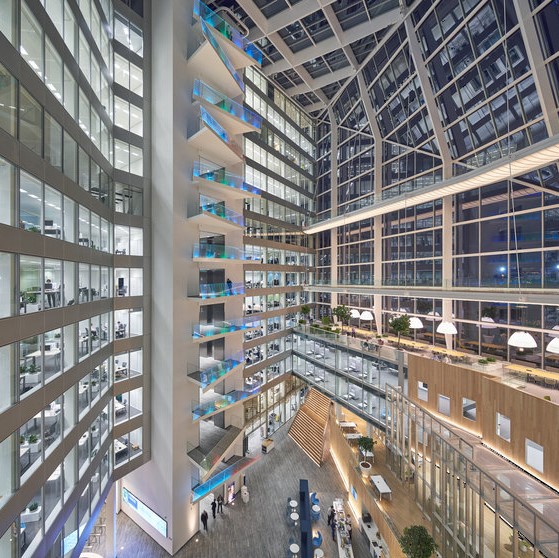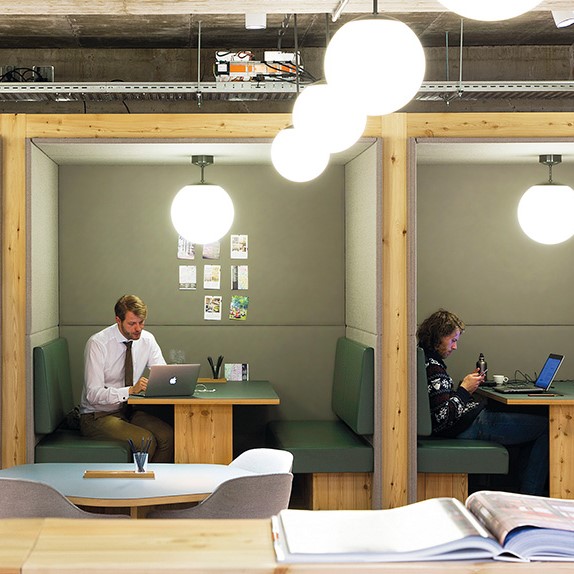June 26, 2019
Jobs upheaval as world adapts to era of automation
A new report from the Economist Intelligence Unit and UiPath claims that organisations around the world currently making extensive use of automation technologies, with 67 percent of UK business executives claiming to be satisfied satisfied with the results of their automation initiatives, 48 percent describing their organisation’s progress with automation as advanced, and 73 percent expecting their company’s operating costs to improve as a result of automating business processes. It is published on the same day as another report suggests that up to 20 million manufacturing jobs could be lost to robots across the world’s leading economies by 2030, replaced by a range of new jobs. (more…)











 Many larger businesses are struggling to implement digital transformation in spite of the dangers to their long term survival, a new joint report from CBI and Oracle claims. According to
Many larger businesses are struggling to implement digital transformation in spite of the dangers to their long term survival, a new joint report from CBI and Oracle claims. According to 





 Hong Kong Central and London’s West End held onto their top spots in a ranking of the most expensive office market locations in the world at $322 and $220.70 per sq. ft. per year respectively according to the latest
Hong Kong Central and London’s West End held onto their top spots in a ranking of the most expensive office market locations in the world at $322 and $220.70 per sq. ft. per year respectively according to the latest 


 UK SMEs are losing out to big tech in the battle to recruit top tech talent, according to Robert Half UK’s new report,
UK SMEs are losing out to big tech in the battle to recruit top tech talent, according to Robert Half UK’s new report, 










June 26, 2019
Flexible working is the new measure of success
by Ben Chatfield • Comment, Flexible working